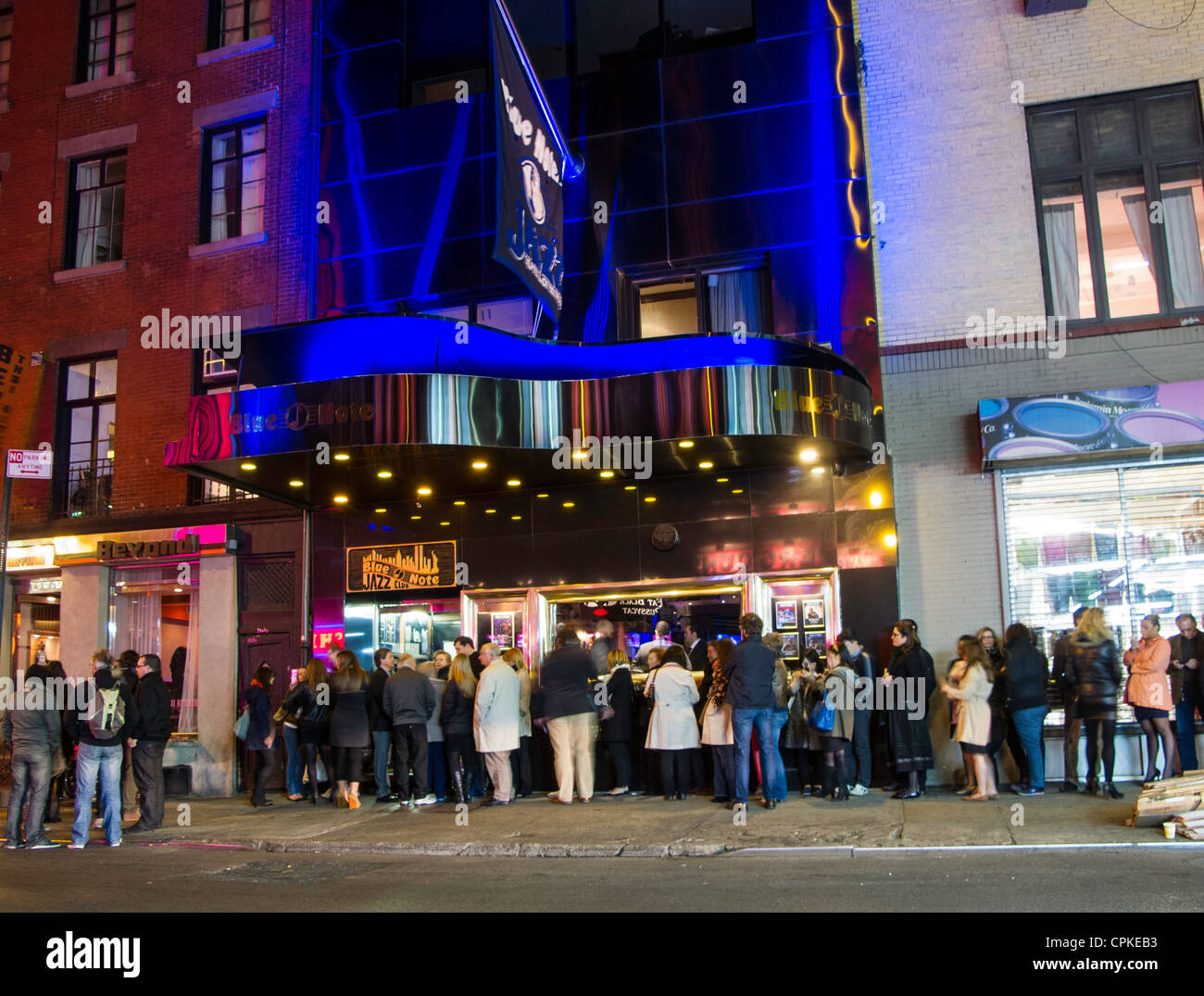
Make sure to visit on a Monday night to swing dance to a 13-piece swing band called the Allstars. In the late 1930s, the Cotton Club closed during race riots in Harlem, but since then, it has reopened twice, and its most recent incarnation opens its doors to all diners, dancers and performers. “Owney,” as he was called by friends and enemies alike, was a white gangster and parolee just out of Sing Sing, and during the Cotton Club’s heyday, he imposed a strict segregation, hiring African-American luminaries such as Duke Ellington and Cab Callaway to perform for a white audience. It originally opened under the name of Club Deluxe by heavyweight boxing champion Jack Johnson in 1920, but just a few years later the club was bought out and renamed the Cotton Club Owen Madden. The following spots are listed in the order of when they opened. It’s recommended that reservations be made via the supper clubs’ websites. Note: There’s either a music charge of anywhere between $15.00 and $25.00 or tickets that must be purchased at each of the following venues. For people wanting to get even a glimpse of old New York City-the jazz, the glamour, the martinis-a supper club is the perfect place to throw on a pair of dancing shoes while eating traditional American fare.

For nearly 40 years, supper clubbing meant hobnobbing into the wee morning hours with stars such as Frank Sinatra and Marilyn Monroe, but just as the 1960s ushered in a new era for our country, the decade also marked the end of the golden age of supper clubs.Īlthough times have changed, a few of the old supper clubs remain open to this day, and a number of retro ones opened during a resurgence of swing dance culture in the late 1980s and 1990s.

New York City arguably had most of the best supper clubs, hosting performers such as Charlie Parker, Ella Fitzgerald and big bands such as the Count Basie Orchestra. In the 1920s and early 1930s, Prohibition-era supper clubs shadowed as speakeasies, but once Repeal Day came in 1933, cocktails were served with great panache at venues across the country.


 0 kommentar(er)
0 kommentar(er)
